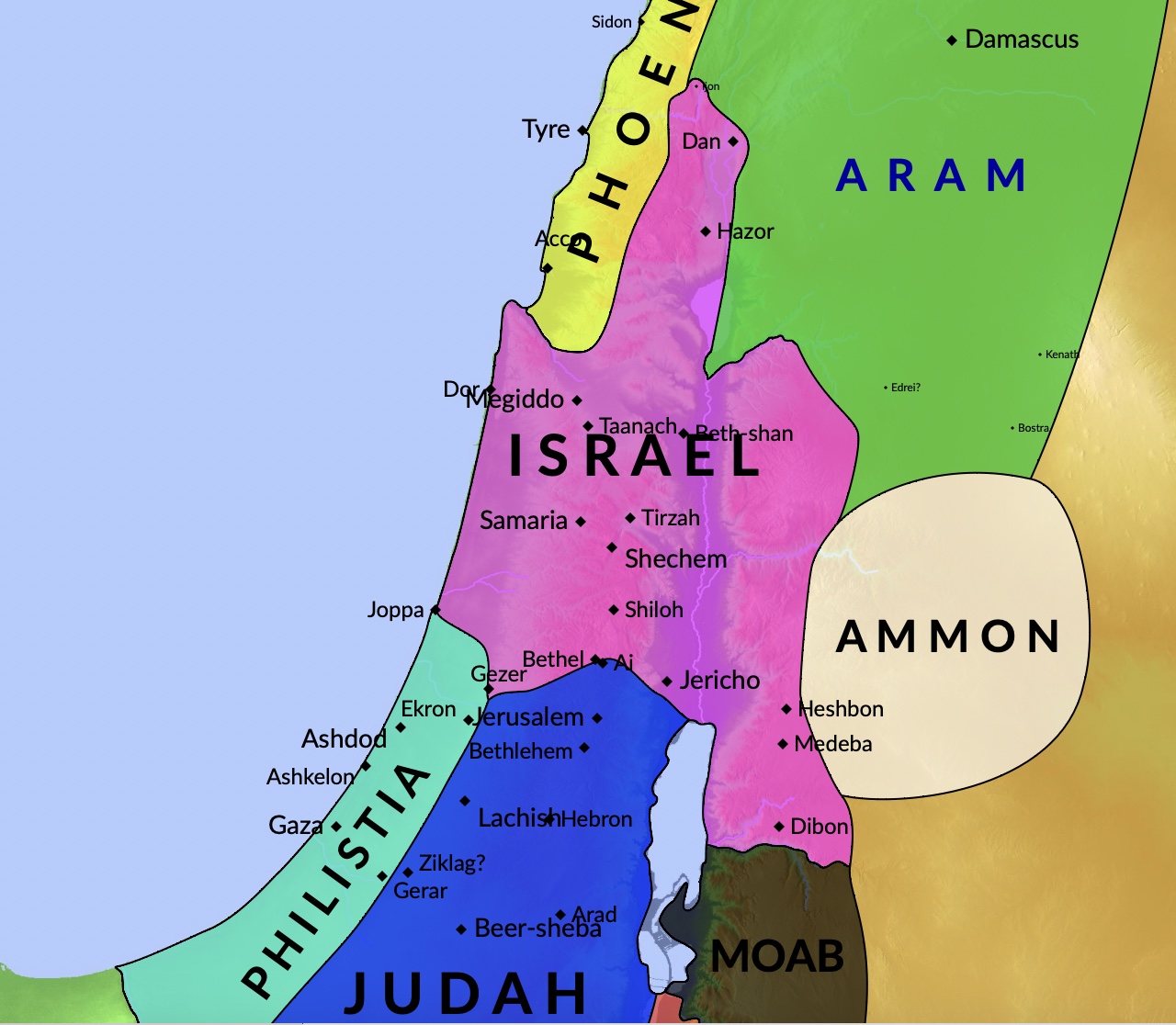March 3, 2024
1 Kings 20
The Surprising & Relentless Grace of God
Lots of people have asked questions about why God allows this or that to happen in our world. But have you ever wondered why God was merciful to somebody you thought simply didn’t deserve it? Why does it surprise us to think God might forgive those persons we consider to be repeat offenders or “repugnant others”? And are there ever times we think God simply could not forgive us for something we’ve done multiple times?
Join Pastor Jim as he shows us how there are times the surprising and relentless grace of God proves Him to be more merciful than we think He should be; more powerful than we believe He could be; more just than we sometimes want Him to be; and more wise than we ever imagined He could be.


